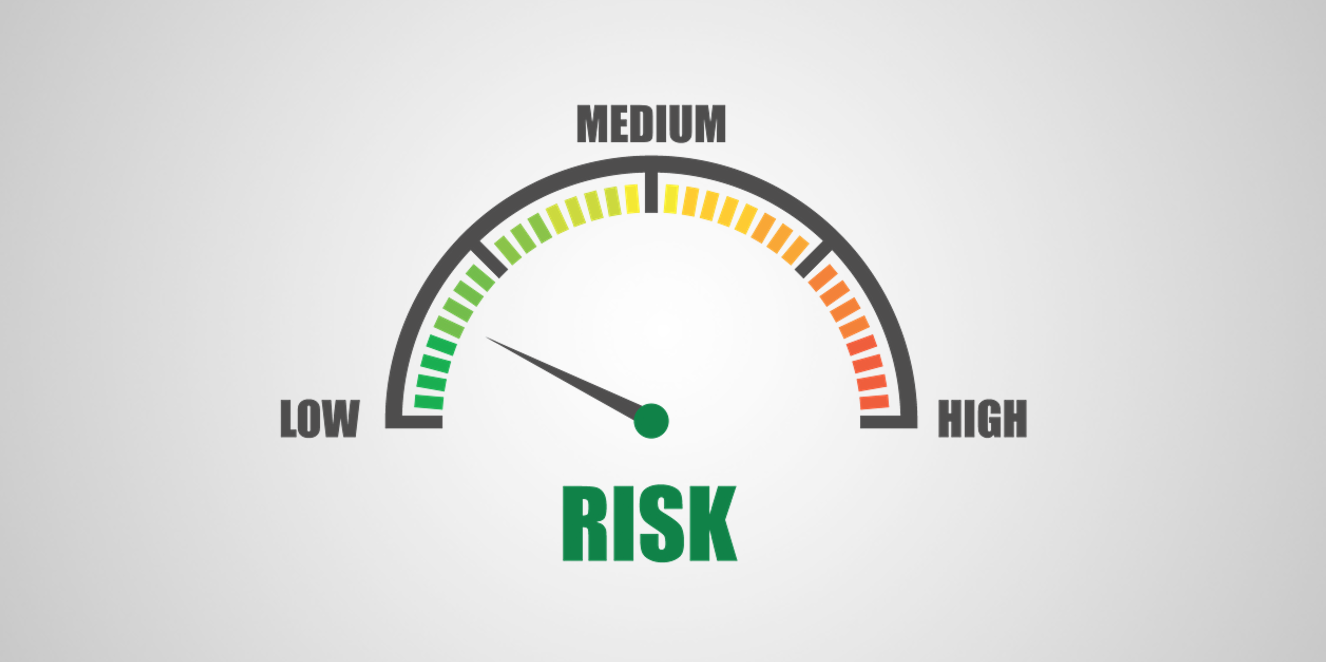Bookkeeping is essential for tracking and understanding your business’s financial performance. It helps you better understand where your money is coming from and where it’s going, and empowers you to make informed decisions that will help your business succeed. It also helps you stay compliant with tax laws, manage budgets, and make better decisions about how to allocate resources.
Let’s take a deeper dive into how bookkeeping can be beneficial for your business.
1. Better Budgeting
Bookkeeping can help you create and manage accurate budgets. It allows you to assess how much money is coming in from customers, expenses, and other sources, and gives you a better understanding of where your business stands financially. With this information, you can create more effective budget plans that will help you jettison your business to success.
2. Accurate Financial Reports
Bookkeeping allows you to easily generate accurate financial reports that give you a better understanding of your business’s financial performance. This information can then be used to make more informed decisions about how to allocate resources, spot financial trends, and identify areas where you can save money.
3. Tax Compliance and Savings
Bookkeeping helps you ensure that you are in compliance with tax laws by providing accurate financial information. This allows you to avoid costly mistakes and potential penalties from the IRS and other regulatory agencies. Additionally, bookkeeping can help you save money by enabling you to take advantage of deductions and other tax benefits that apply to your specific business.
4. Cash Flow Management
Bookkeeping also helps you manage your cash flow more effectively. With accurate records of expenses and income, you can better plan for cash flow needs and avoid potential problems such as overdrafts or insufficient funds. This will help you make sure that your business has the money it needs to succeed.
5. Confidence
One key benefit of bookkeeping is that it can give you peace of mind. Knowing exactly where your business stands financially will give you the confidence to take risks and make decisions that will help your business grow and succeed.
6. Setting Targets and Goals
It’s difficult to set specific goals when you have no idea what your numbers are, but bookkeeping can help you identify your current financial performance and help you come up with realistic targets to strive towards. You’ll also be able to accurately measure your progress along the way because you’ll have the data you need to track your progress.
7. Organised Records
Unorganised records are a ticking time bomb. Bookkeeping helps your business by keeping records organised and up to date, enabling you to quickly access the financial information you need when you need it. This makes it easier to answer questions, identify trends, and make decisions that will help your business succeed.
If you let your records become too chaotic, you can be sure that your business won’t reach its potential. That’s why bookkeeping is so essential to the success of any business. With accurate and up-to-date financial information, you’ll be able to make better decisions and take advantage of every opportunity that comes your way.
Final Thoughts
As you can see, bookkeeping is an essential component of a successful business. It can help you stay compliant, manage budgets, and make better decisions. With accurate financial records, you’ll be able to take your business to the next level.
If you need help getting your bookkeeping in order, consider working with a professional bookkeeper or accountant to ensure accuracy and consistent record-keeping. With the right help and strategies in place, you can be sure that your business will be on its way to success.














